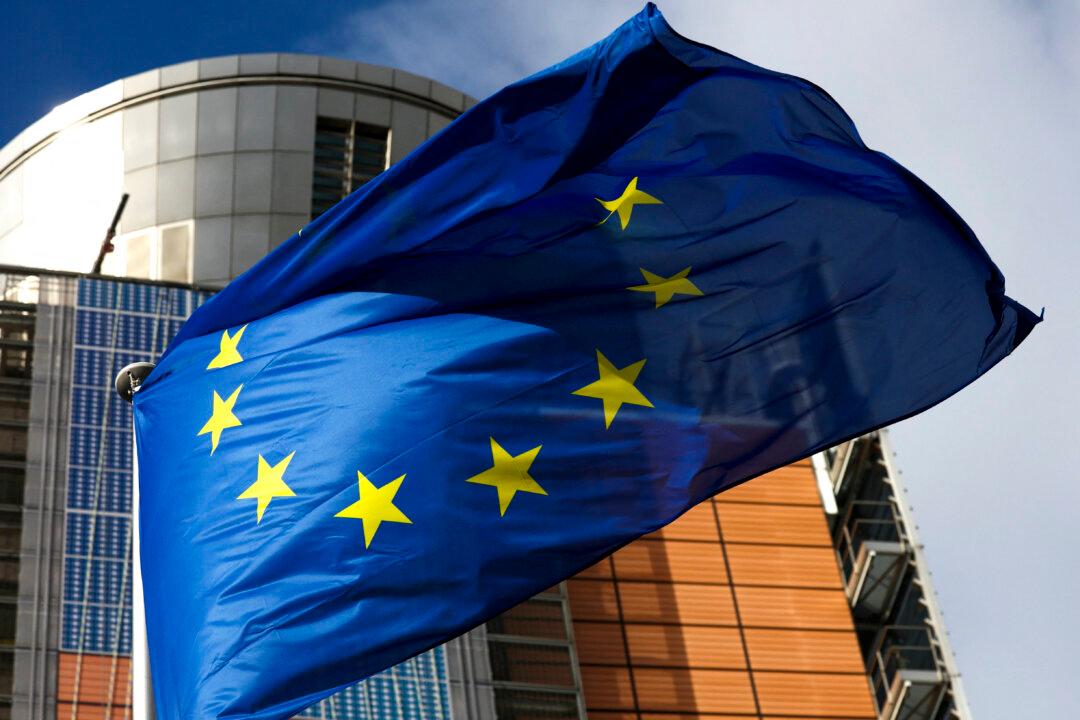The European Commission has launched an investigation into China’s medical devices market amid claims of unfair practices from the Chinese regime toward European Union companies.
The probe was “in response to measures and practices in the Chinese procurement market for medical devices which discriminate unfairly against European companies and products,” the commission announced in a news release on April 24.




